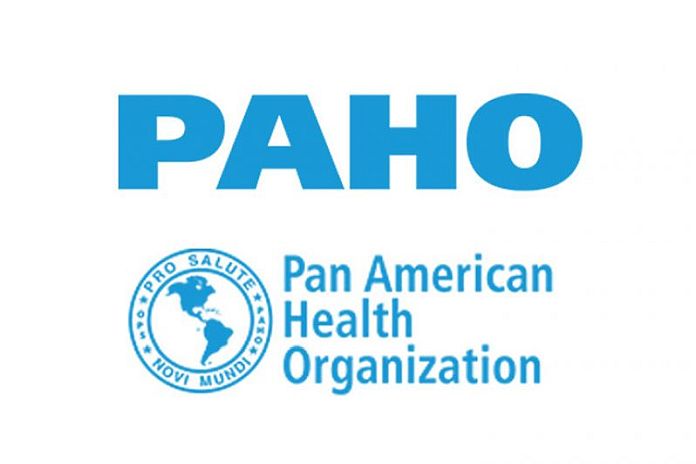By Caribbean News Global contributor
KINGSTON, Jamaica – Health centres face multiple challenges such as a lack of personnel, inadequate infrastructure, and outdated information systems, which have led to reduced quality of care, especially for those with chronic conditions, says, the Pan American Health Organization (PAHO).
“In Jamaica, 70 percent of all deaths are due to one of the four major NCDs (cancer, lung disease, diabetes and heart disease), while many more will continue to live with lifelong disability due to complications as a result of an NCD, requiring regular contact with health centres,” PAHO noted, is assisting the ministry of health and wellness in creating a new integrated model of care where the person is central to the design and operation of the health system. Developed more than two decades ago, the chronic care model is a widely adopted approach to improving ambulatory care that has guided clinical quality initiatives around the world.”
PAHO’s communique said: “Jamaica has established a Health System Strengthening Project with an investment of 100 million USD over five years, which aims to increase the capacity of selected health centres and hospitals to provide comprehensive health promotion, disease prevention and treatment to meet the specific needs of individuals in the community through tailored infrastructure upgrades to facilities, linked information systems and developing standardised levels of care.
“The pilot program will include 14 health facilities (11 primary health centres and three hospitals) located in a corridor between Ocho Rios in the north, to Lionel Town in the south. The new care model is a comprehensive system for organising chronic disease care within the Integrated Health Service Delivery Network (IHSDN), ensuring coordination between health centres and hospitals into the same network. “Network integration will allow functionalities in patient registration, health records, laboratory, outpatient scheduling, pharmacy and other relevant services. The implementation of innovative technologies in telehealth, such as remote specialist consultation from clinics and general hospitals, will also be possible.”
To strengthen Jamaica’s health systems and services, minister of education, youth and information, Fayval Williams, announced last week that Cabinet approved the disbursement of US$800,000 as the voluntary contribution to PAHO.
“The infrastructure of hospitals and medical equipment at the priority facilities need improvement to ensure that delivery of health services are efficient and cost-effective,” minister Williams informed. “The development of the Human Resources of Health (HRH) gap analysis, strategic five-year policy, action plan for HRH and the review of the national public health laboratories will also be a part of the technical assistance.”
Jamaica’s fragmented system of care is currently being transformed and reoriented to provide effective, efficient person-centred care, particularly important to tackle NCDS, but also to ensure effective response to the current COVID-19 pandemic, according to PAHO, and will continue to support the Ministry of Health and Wellness (MOHW) in implementing the new care model, as it will be a welcome change for those needing regular care.
PAHO’s ongoing support
PAHO continues to actively assist MOHW in the development of an integrated health services in the two main components of the Health System Strengthening.
First, through the technical support to the MOHW in the development of the policy of the Care Model for NCDS. The policy builds on the widely implemented PAHO framework of the Integrated Health Services Network in the region.
The new model of care aims to strengthening development of Primary Health Care-based health systems, and thus to health services delivery that is more accessible, equitable, efficient, of higher technical quality, and that better fulfils citizens’ expectations.
Second, PAHO provides technical support to strengthening information systems for health, by ensuring important steps forward an integrated network of health services. PAHO has supported important advances including
- The current development of the National Strategy on IS4H through a wide participative process.
- The establishment of a National IS4H Steering Committee to ensure the participation of all significant stakeholders in steering the important investments in IS4H.
- Technical guidance for the development of the Personal Health Information Protection Policy for safeguarding patient health data, defining complex issues such as where personal information will be held and for how long.
- Capacity building on standardisation of data to ensure appropriate sharing of information. This includes training on international standards for classification of diseases and health conditions.





